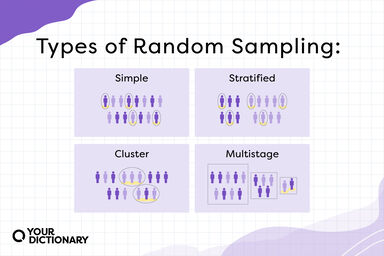The proprietors had all the powers of a county palatine and proposed to establish a feudal and aristocratic form of government.
Bedlington (Betlingtun) and the hamlets belonging to it were bought by Cutheard, bishop of Durham, between 900 and 915, and although locally situated in the county of Northumberland became part of the county palatine of Durham over which Bishop Walcher was granted royal rights by William the Conqueror.
With the passing of the Act of Union of Wales and England in 1536 however, the jura regalia of the county palatine of Pembroke were abolished, and the prosperity of the town began to decline.
It was erected into a duchy and county palatine in 1353, and when the house of Lancaster succeeded to the throne their Lancashire possessions were kept separate.
Glamorgan and the county palatine of Pembroke had hitherto been the only portions of the country subject to English shire law, but now Edward parcelled out the ancient territory of the princes of Gwynedd and of Deheubarth into six new counties, with sheriffs, coroners and bailiffs.





